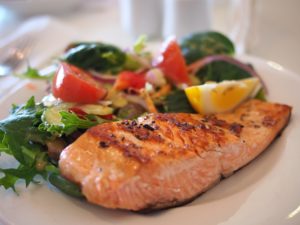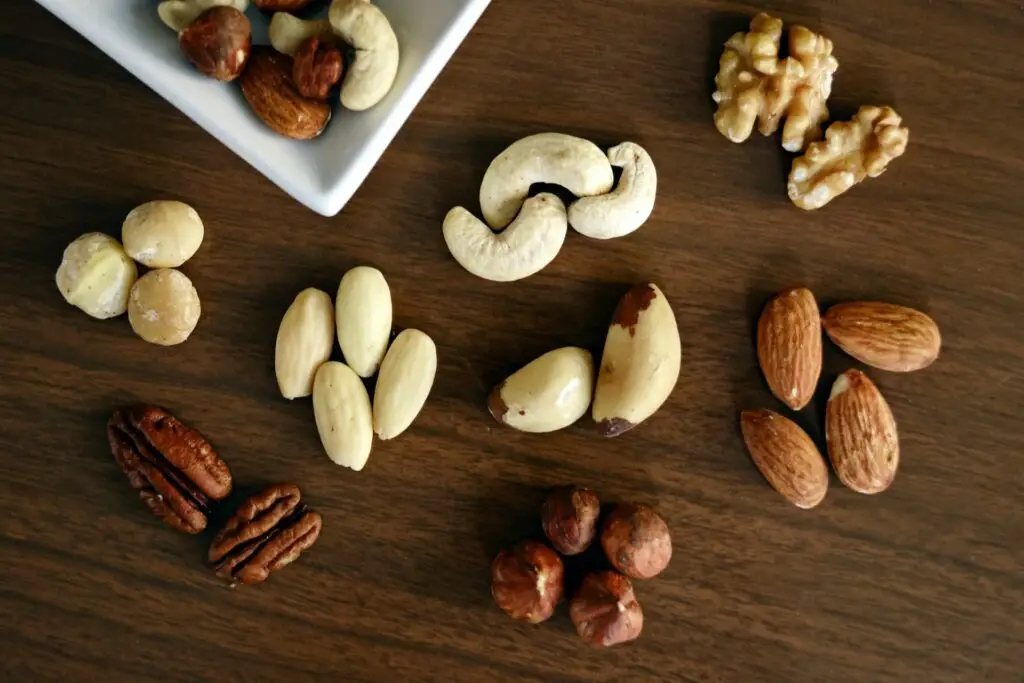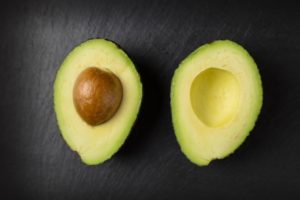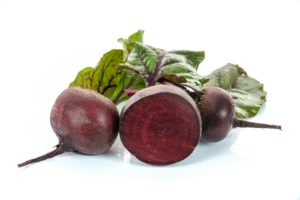During the month of June we nationally recognize brain health by remembering all those afflicted with Alzheimer’s and Parkinson’s. These brain diseases severely affect not only the individual but also the family and friends. It is heart wrenching to see your loved one no longer recognize you.
At the Center we have a focus on brain health and approach it’s prevention and care from a holistic perspective. It is easier to maintain brain function than to fix a degenerating brain. There are many things that affect brain health such as toxins, physical trauma, type of stimulation, oxygenation and nutrition. Nutrition is the key that we all hold in our own hands. To empower you in your health and brain health here are some nutrition education and recommendations we regularly make at the Center.
The digestive system feeds the entire body, We are what we eat. The type of “fuel” we put in our body will be the building blocks of our regenerating body. Symptoms of poor digestion are diverse : brain fog, sluggishness, fatigue, aches, “aging” sensations, swelling throughout the body, gas and cramping, etc…
In the USA, poor nutrition is not caused by undernourishment, but results from overeating, eating heavily processed foods, and ingesting toxic chemicals in food and drinks. Here are 6 of our best recommendations for what you should be eating:
1. Wild Salmon
Salmon is one of the most nutritious, brain-friendly foods out there! Salmon is an excellent source of omega-3 fatty acids, which can help reduce inflammation in your body. The omega-3 fatty acids also help keep your brain running smoothly — goodbye, brain fog — and improves memory. If you have kids, feeding them salmon will give their brains and digestive systems the needed fats for building and growing. And these same fatty acids can also help prevent cancer and kill tumors — not bad for a four-ounce serving of fish! Please note that these benefits are for Alaskan wild-caught salmon — farm-raised and regular wild-caught salmon can be filled with mercury and toxins so be careful of the quality of the fish you buy.


2. Broccoli
Broccoli is great source of vitamin K, which is known to enhance cognitive function and improve brain-power. Researchers have reported that because broccoli is high in compounds called glucosinolates, it can slow the breakdown of the neurotransmitter acetylcholine, which we need for the central nervous system to perform properly and to keep our brains and our memories sharp. Low levels of acetylcholine are associated with Alzheimer’s.
3. Nuts and Seeds
Healthy Fats. You need fat as part of your diet, and eating nuts helps ensure that your fat intake comes from healthy unsaturated fat rather than harmful saturated fat found in meats and other animal products. Walnuts and flax seeds, in particular, boost your healthy fat intake because they contain alpha-linolenic acid, a type of omega-3 fatty acid. This type of fat helps maintain brain function, nourishes your red blood cells and helps fight excess inflammation.
Nuts and seeds also benefit your health by providing a source of dietary fiber. Fiber is a specialized type of carbohydrate found in plant-based foods. It does not break down as it passes through your digestive tract, and the undigested fiber adds bulk to your stool to promote regular bowel movements while feeding the healthy bacteria in your gut along the way. Fiber also helps slow the rate of digestion so that sugar from your meal enters your bloodstream slowly, leading to a gradual rise in blood sugar that leaves you feeling energized after you eat.



4. Avocado
Avocado is a superfood packed with fiber and essential nutrients, such as potassium, which helps promote healthy digestive function. It’s also a low-fructose food, so it’s less likely to cause gas. This fruit is one of the healthiest ones you can consume and one of our all-time favorites. While avocados often get a bad rap because of their high fat content, it’s important to note that these green powerhouses are packed with mono-saturated fats, or the “good” kind, keeping blood sugar levels steady and your skin glowing. Containing both vitamin K and folate, avocados help prevent blood clots in the brain (protecting against stroke) as well as help improve cognitive function, especially both memory and concentration. They’re also rich in vitamin B and vitamin C, which aren’t stored in your body and need to be replenished daily. Plus, they have the highest protein and lowest sugar content of any fruit. Avocados’ creamy texture makes them a smart addition to smoothies and a replacement for fats in baked goods.
5. Beets
It might be their funny shape or memories of bad recipes eaten during childhood, but beets seem to be an intimidating food for many people, even vegetable lovers. That’s a shame, because these root vegetables are some of the most nutritious plants you can eat — I learned to love them while living in France. They reduce inflammation, are high in cancer-protecting antioxidants and help rid your blood of toxins. The natural nitrates in beets actually boost blood flow to the brain, helping with mental performance. Plus, during tough workouts, beets actually help boost energy and performance levels. I love them roasted, boiled or shredded raw in salads.


6. Sage
Sage is used for digestive problems, including loss of appetite, gas (flatulence), stomach pain, diarrhea, bloating, and heartburn. It is also used for reducing perspiration and saliva; and for depression, diabetes, high cholesterol. It is also used to improve mental performance and memory, to reduce pain after surgery, and for Alzheimer’s disease. Sage contains compounds that prevent the breakdown of acetylcholine, a neurotransmitter involved in learning and memory. Use this herb in dishes, as an herbal tea or by supplements.
Choosing the food we eat wisely is important to our health, our gut and our brain. Being educated on which foods are the best for you is key. We are here to help and support you in your journey to optimizing your brain and gut health. Let us know your thoughts in the comments.

